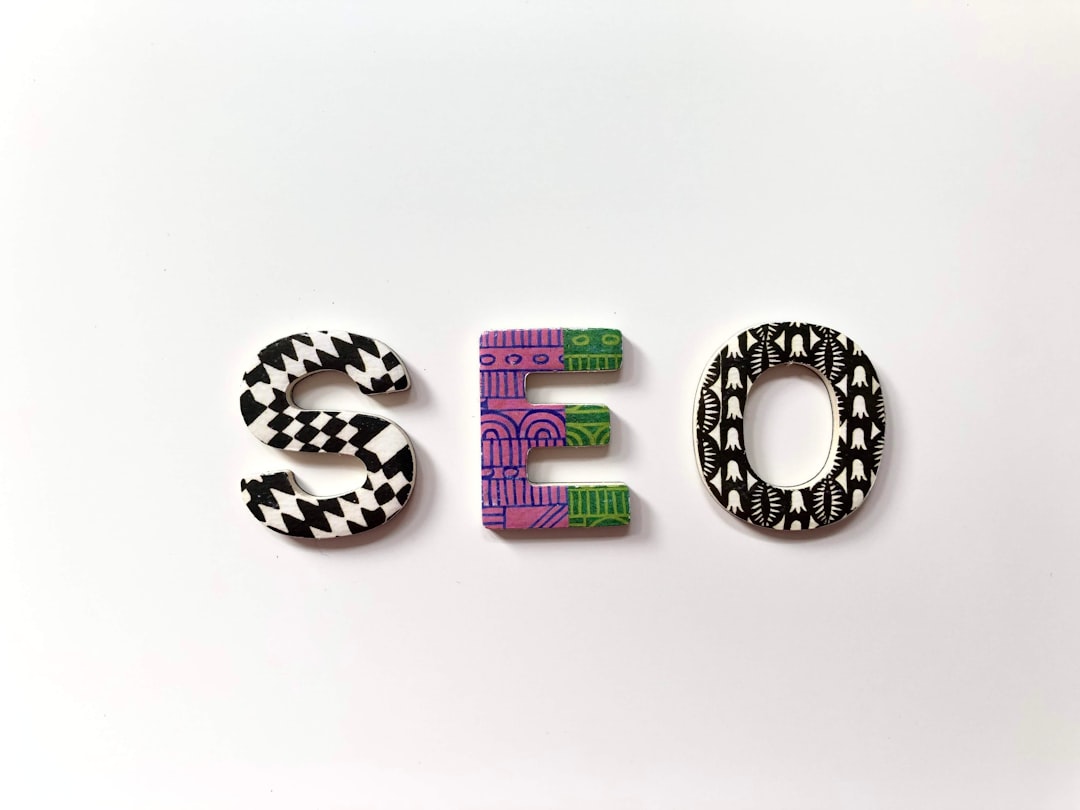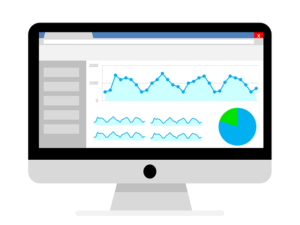 Photo by Merakist
Photo by MerakistOriginally Posted On: https://quirkydigital.com/shopify-seo/
Taking the time to optimise your Shopify store for SEO is an important step in success with Shopify. People can’t buy from your store if they don’t even know it exists, after all.
A lot of SEO boils down to improving the overall user experience as the easier it is to find and use your store, the better the odds people will shop with it.
Let’s take a look at a simple guide to optimising your Shopify store for SEO.
Editing On-Page Content With Shopify Page Editor
Shopify has a proprietary Content Management System (CMS) that includes a page editor. The page editor is easy enough to use and can be used to create landing pages, product pages, blog posts, and more.
The Shopify page editor offers up basic options for formatting including headings, tables, and editing a page in HTML. There’s also the option to upload media files and embed them in pages. The search engine listing preview section for the editor can create automatic page titles and meta descriptions for you based on the content of the page.
These page titles are an important part of Shopify SEO. A page title provides basic information about the content of a page and appear in search results.
The meta description for a page is what shows up under the page title. This should be a short summary of the page content to inform and entice searchers.
Shopify lets you manually adjust the titles and meta descriptions if you want. Use keywords to optimise these aspects of the page for better SEO success.
Integrating Google Analytics
Shopify works with Google Analytics and Google Search Console, which are sure to become your two best friends in the journey for great SEO. Google Search Console makes it easy to track and troubleshoot how your website performs on Google.

The console offers data on searches that lead people to your page. Google Analytics has plenty of information about how people reached your store and how they behaved during their stay. These are both vital tools for good SEO.
You’ll need to include a bit of code to your homepage to connect it to Google Search Console. Keep in mind that Google only indexes the current theme for the store and it will only do this if your theme is live at the time.
The option to enable Google Analytics is right there in the Shopify site preferences so you’ll have no problem getting started with that.
Domains, Security and Website Speed
Shopify sells custom domains to users from $11 per year on top of the monthly cost of your Shopify plan. Without this custom domain, the URL for your store will always end in .myshopify.com. Custom domains are better for branding and they make your store look professional. A custom URL also increases the chance people will see your store if they search for the name of your business.
Site speed and security are two more important factors for Google rankings. These factors are strongly connected to user experience. A slow website could cause customers to check out before they have a chance to check in. Shopify has a Content Delivery Network (CDN) that makes it easy to ensure your website loads quickly and efficiently.
The CDN can only do so much, though, and so you should consider other factors that affect site speed. Having too many large images has a drastic impact on site loading speeds. Use the right file format and compress images to boost efficiency. Tools like PageSpeed Insights from Google help to find and correct problems with site speeds.
Every Shopify plan includes an SSL certificate as standard. The SSL certificate encrypts data sent between sites and visitors. An SSL certificate is important because Google ranks more secure websites higher, not to mention the fact that browsers will warn users against visiting sites without an SSL certificate. There’s no need to worry about that at all. Don’t be afraid to take other steps to further boost the security of your Shopify store.
Using Shopify Apps
One of the best things about being able to use a platform like Shopify is that the community has created a range of apps. These apps make it much easier to add features and functions to your store without any coding knowledge. You can use Shopify apps to better handle inventory, manage customer service, maintain affiliate programs, and even improve Shopify SEO.
There are dozens of Shopify apps out there. Given that e-commerce stores have a lot of photos of products, you need good image optimisation. An app like TinyIMG SEO Image Optimizer can help with that.
The SEO Image Optimizer Auto SEO app is another popular Shopify SEO app. This app includes a free version that optimises alt-text and a paid version that automatically fixes broken links and marks images with JSON-LD structured data to improve how search engines perceive images.
Structured data is also beneficial because it is used to obtain product information for image search results, so it helps to send searchers from images to product pages directly.
There are an almost endless array of apps depending on what you need. Apps for product reviews can help too as search engines can display star ratings for items to encourage users to access product pages. Apps can convert part of the store to the Accelerated Mobile Plans framework to make the website more mobile-friendly too.
Please note that apps are added to the code of a website. Apps that load on the user end could cause the website to slow down. Apps can help your website, but don’t overdo it.
Easy To Use Sitemaps
The sitemap for your website includes information about the pages and files on the website. This information is used by search engines to index the site, which is the process wherein websites are ranked on search pages.
Shopify will automatically create a sitemap for your store which includes links to products, pages, images, blog posts, and collections. Don’t be afraid to alter your sitemap to better optimise it.
Working With An Experienced Shopify SEO Consultant
If you have good digital marketing experience, there is a good chance you’ll be able to get decent results when optimising your Shopify store, but if your niche is filled with strong competition then it can be difficult to stand out and you may need to work with an experienced eCommerce SEO team.
Recently, we’ve been working with a number of Shopify stores who have been generating lots of income through traditional sales or social media – and we’ve collaborated with them to help take their SEO to the next level and rank for some competitive search terms. We’ve recently produced a case study about an online designer clothing retailer which now competes with the big players in the industry.

